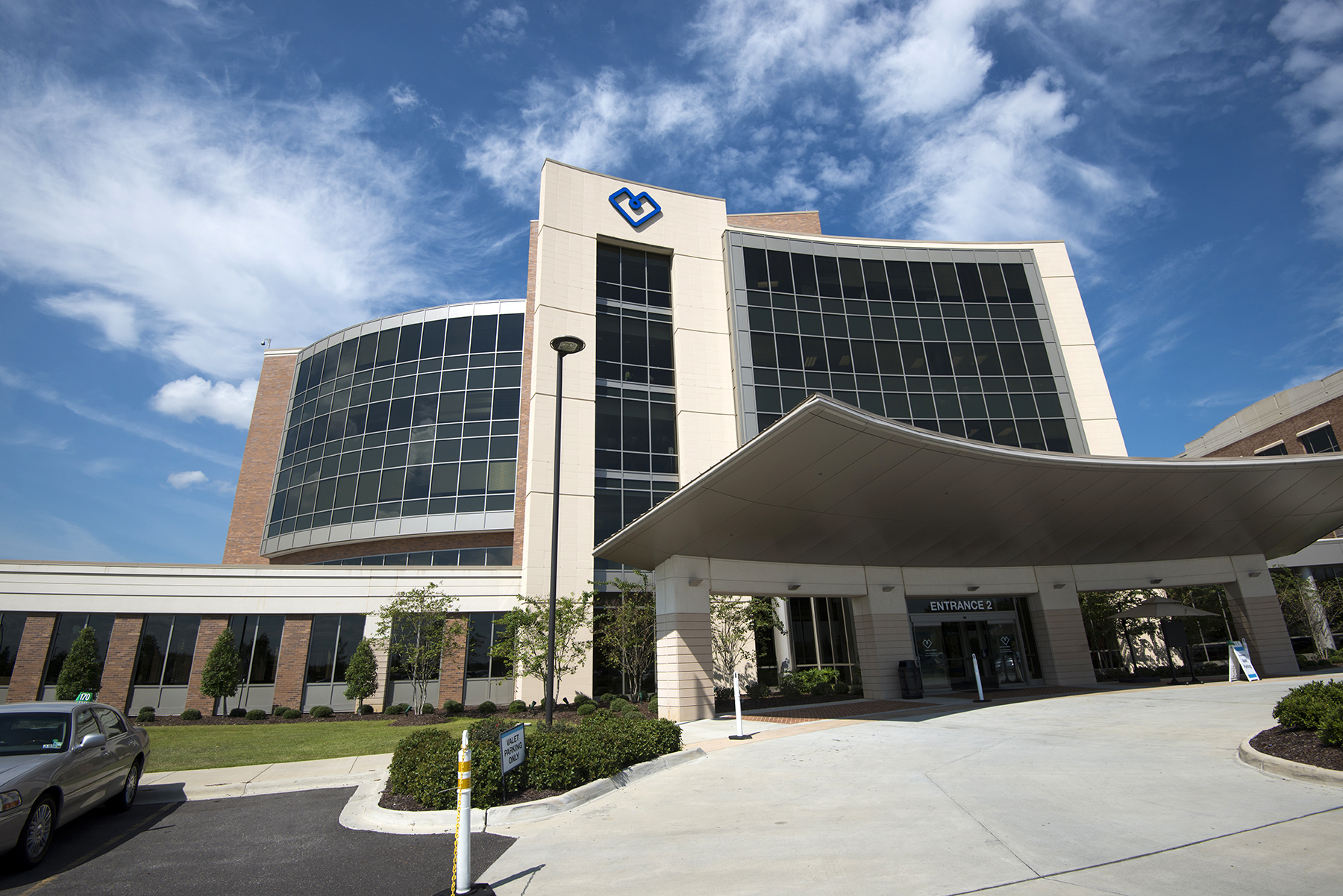Colorectal Cancer
Catch it Early and Reduce Your Risk
Colorectal cancer is the second leading cause of cancer-related deaths in both men and women. Routine testing can help prevent colorectal cancer or find it at an early stage, when it's smaller and easier to treat.
- Diet
- Weight
- Smoking
- Alcohol use
- Lack of physical activity
- Age
- Personal or family history of colorectal cancer or polyps
- Inflammatory bowel disease
- Hereditary syndromes (such as Lynch syndrome)
- Racial and ethnic background
You may be able to lower your risk with simple lifestyle changes and regular screenings.
Get Screened
Screening is the #1 way you can prevent colon and rectal cancer. With screening, colorectal cancer is one of the most preventable cancers. Colon cancer and rectal cancer are also highly treatable if caught early. Click here to learn more about colorectal screenings.
Eat Well
Diets high in vegetables, fruits and other plant-based foods reduce the risk for many diseases, including colorectal cancer.
Exercise
Adults who increase their physical activity, either in intensity, duration or frequency, can reduce their risk of developing colorectal cancer by 30 to 40%. It's estimated that 30 to 60 minutes of moderate physical activity per day is needed to protect against colorectal cancer.
Avoid Alcohol
According to the National Cancer Institute, people who regularly drink 3.5 drinks per day have 1.5 times the risk of developing cancer as nondrinkers.
Don't Smoke
Long-term cigarette smoking is also associated with increased risk. The longer a person smokes, the greater the risk.
You may be able to lower your risk by avoiding or limiting certain types of food.
Red Meat
Diets high in red meat have been linked to colorectal cancer. Try to keep your red meat intake to 18 ounces per week or less.
White Bread
Processed and refined grains in white bread and other white flours increases blood sugar levels, which can lead to insulin resistance which can raise your risk of colon cancer as well as other cancers.
Processed Meat
Processed meats like hot dogs, bacon sausage and ham can increase your cancer risk, even with low consumption, and should be avoided if possible.
Sugary Drinks
Sugar in drinks can cause chronic inflammation which can lead to many different cancers throughout the body. Replace sugary drinks with water and other low-calorie and low-sugar alternatives.
Colorectal cancer may not cause symptoms at first. Someone can have colon or rectal cancer and not know it. That's why every person should get screened starting at age 45. When symptoms occur, don't ignore them! They may include:
- Blood in stool/dark or black stool
- Loose stool or constipation (especially if changes last 2 weeks or more)
- Lower back pain, persistent abdominal pain, cramping or gas
- Feeling bloated
- Unexplained weight loss
- Fatigue
Did You Know?
If you're 45 or older, talk to your doctor about colorectal cancer screenings and which option may be right for you. Click here to learn more.
Find A Doctor

R. Scott Daugherty, Jr., MD, FACS, FASCRS
Colon & Rectal Surgery +3 more

BRG Select Provider
(225) 333-3800

